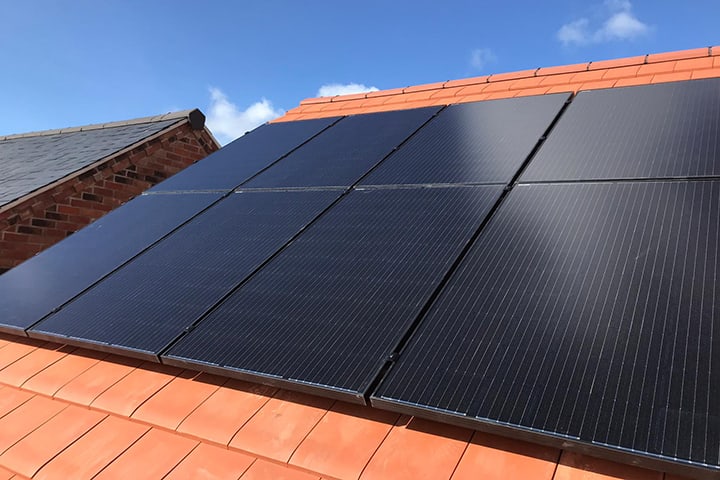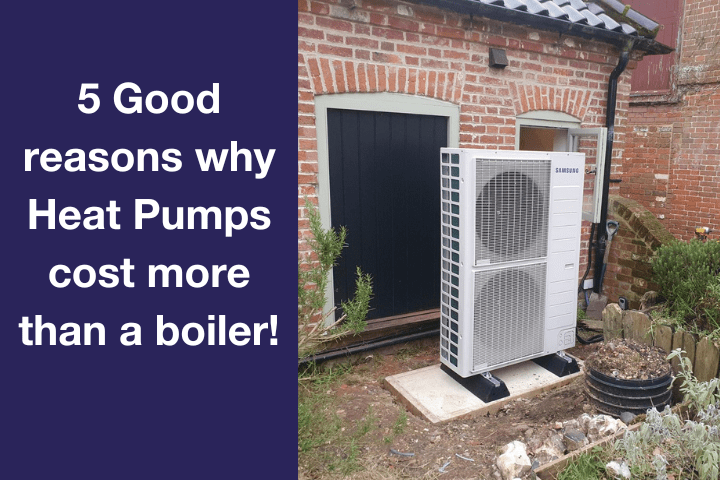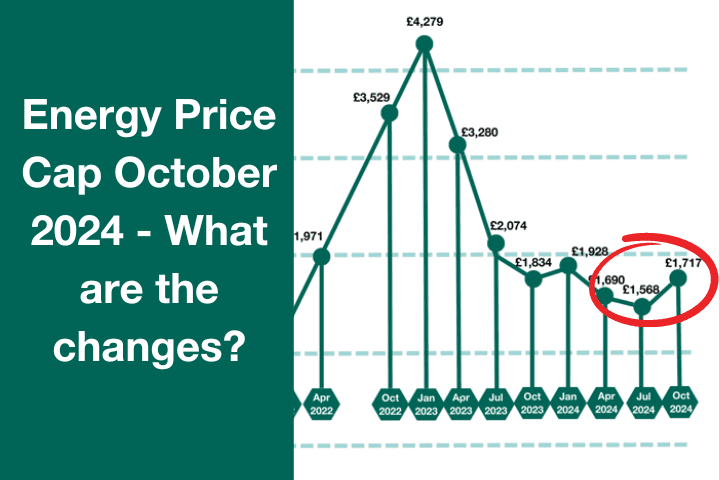Solar panels & fuel prices

With rapidly rising fuel prices, could installing solar photovoltaics be a good option for your home?
Why solar panels?
Fuel price rises are obviously a pressing concern at the moment. The Energy Saving Trust cites the current average price of electricity as 20.06p/kWh and this is set to rise with the energy price cap increases in April.
For those with savings in the bank, ‘investing’ in a solar panel system and battery storage system, with an initial outlay of around £7.5K, would pay back over a number of years through reduced electricity bills. How rapid the payback would be and how much money is saved partly depends on how the system is used and occupant behaviour. The Energy Savings Trust’s calculator can help estimate potential financial savings: www.pvfitcalculator.energysavingtrust.org.uk
If fuel bills continue their alarming trajectory, the payback period could be quicker. If you also factor in a VAT rate of 5% for solar PV and the low interest rates offered by banks, then the finances of solar panel really begin to stack up.
Are all homes suitable for solar panels?
Solar panels are suitable for around 95% of all homes. It can be installed in a range of places, and not necessarily just south-facing roofs. So long as the roof is not shaded, solar panels are suitable for apex and flat roofs, and even fields! Solar panels are also often now deemed acceptable in conservation areas as ‘permitted development’, so long as not visible from main roads. It is quite a flexible renewable technology as well, easy and quick to install, something that can be stand-alone and added to, as well as requiring minimal maintenance.
How do solar panels work?
Solar photovoltaic panels convert light into electricity. Each panel is made up of numerous silicon cells, which create an electrical flow once the sunlight activates the electrons in the panels.
An inverter connected to the PV panels converts the energy from DC to AC current to make it useable in the home and then takes this by cable to the electricity consumer unit (where your fuse box and trip switches are).
This electricity is then available for the home’s immediate electricity use, if needed, or can be stored in a solar battery or exported to the grid if not needed.
Making solar panels work harder for you
Solar batteries
Ten to twelve solar PV panels might cost around £4K and then adding a solar battery might add another £3.5K on top of that.
Solar batteries help you get the most out of your solar PV system. The advantage of having a battery with solar PV is that the energy created during the day can be stored and used at night when the sun isn’t shining, helping cut fuel bills further. The bigger capacity Tesla solar batteries have an additional advantage of providing energy to your home during a power cut.
Heating hot water
For a small additional upgrade, any excess energy produced by a solar PV panel can be diverted to power the domestic hot water immersion heater. This means that during months of April to September the solar PV can be powering your hot water as well, bypassing the need for separate ‘solar thermal’ panels.
Powering heat pumps
Solar panels are often chosen alongside heat pump technology as it offers an excellent low carbon heating combination, making heating your home cheaper and less reliant on fossil fuels.
Exporting to the grid
Nearly all solar PV systems are tied to the grid, so your system can export the excess energy you don’t use or store, thanks to the Smart Export Guarantee. However, the price you are paid for this is lower than the cost you pay to import electricity, so storing the energy in a solar battery would probably make more financial sense in the long run.




